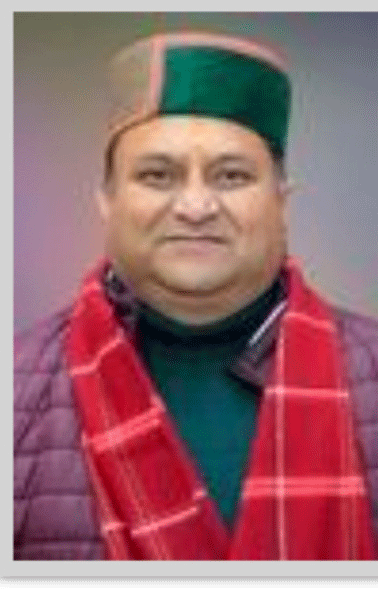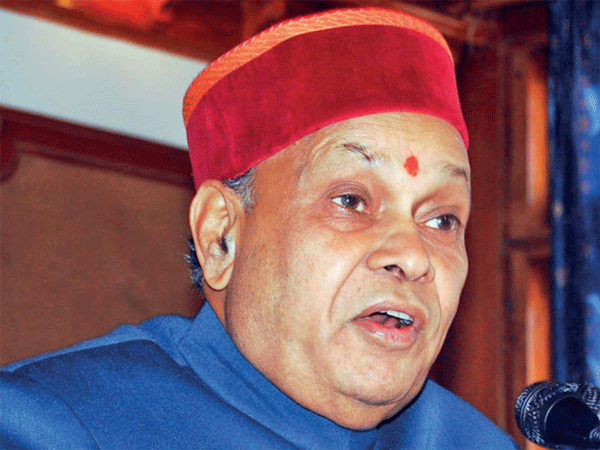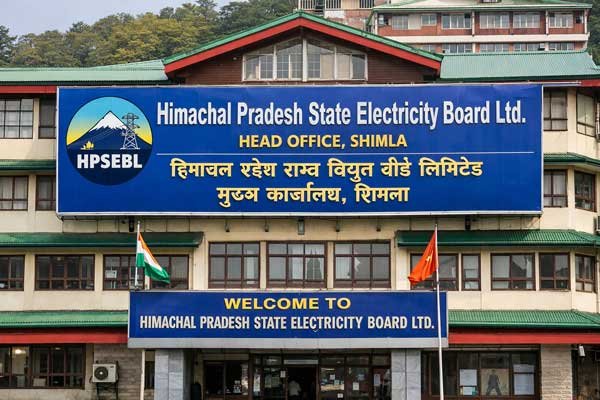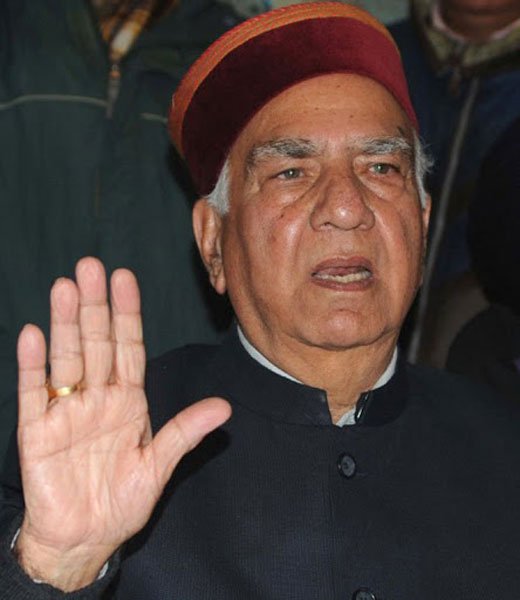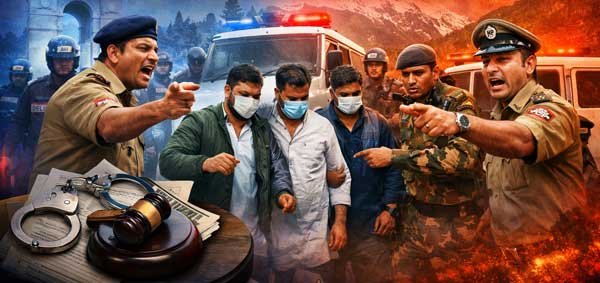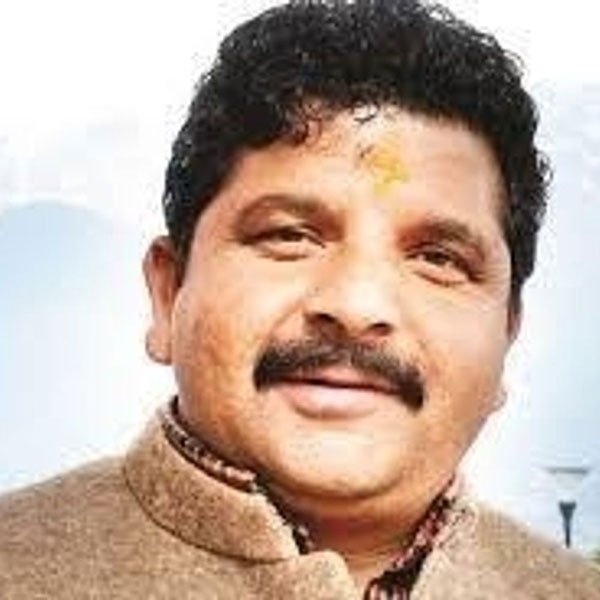
Shimla, Dec 27,
India bids farewell to one of its most distinguished leaders and architects of economic reform, Dr. Manmohan Singh, who passed away at the age of 92 at the All India Institute of Medical Sciences (AIIMS), New Delhi. A transformative figure in Indian politics and economics, Dr. Singh leaves behind a legacy that reshaped the Nation’s trajectory and secured its position on the global stage.
Born on September 26, 1932, in Gah (now in Pakistan), Dr. Singh rose from humble beginnings to become a globally respected economist, statesman, and the 13th Prime Minister of India. His tenure as Prime Minister from 2004 to 2014 marked a period of significant growth, social welfare, and reform. However, it was his pivotal role as Finance Minister in 1991 that cemented his place in history. Amid an economic crisis, Dr. Singh, under the leadership of then-Prime Minister P.V. Narasimha Rao, spearheaded the liberalization of India’s economy, dismantling decades of protectionist policies and ushering the country into an era of globalization and rapid economic growth.
Dr. Singh’s economic reforms transformed India from a struggling economy into one of the fastest-growing in the world, achieving a robust growth rate of 6–7% annually. His vision extended beyond macroeconomic stability; he championed social welfare programs such as the Mahatma Gandhi National Rural Employment Guarantee Act (MNREGA), Right to Education, and the National Food Security Act, ensuring that growth translated into opportunities and dignity for millions of Indians.
As Prime Minister, Dr. Singh’s leadership extended to foreign policy. The landmark US-India Civil Nuclear Agreement showcased his diplomatic finesse and commitment to securing India’s strategic interests on the global stage, even in the face of fierce domestic opposition.
Dr. Singh was not only a reformer but also a guardian of democratic values. The introduction of the Right to Information Act (RTI) under his government empowered citizens to demand transparency and accountability, exposing corruption and strengthening India’s democracy.
A man of humility, integrity, and unwavering dedication to public service, Dr. Singh was a true statesman who believed in collective progress. His scholarly background—having earned a D.Phil. from the University of Oxford and served in prestigious roles at the IMF, Reserve Bank of India, and Planning Commission—was complemented by his quiet resolve and tireless work ethic.
India and the world mourn the loss of a leader whose vision and policies have left an indelible mark on history. Dr. Singh’s contributions will continue to inspire generations to come, reminding us of the transformative power of good governance and inclusive development.
Dr. Manmohan Singh is survived by his wife, Gursharan Kaur, and their three daughters. As the nation bids adieu, his legacy lives on in the robust, resilient economy and empowered society he helped build.

The HimachalScape Bureau comprises seasoned journalists from Himachal Pradesh with over 25 years of experience in leading media conglomerates such as The Times of India and United News of India. Known for their in-depth regional insights, the team brings credible, research-driven, and balanced reportage on Himachal’s socio-political and developmental landscape.


